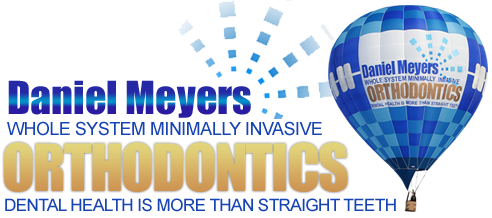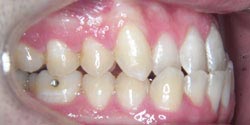
Minimally Invasive
The principals of minimally invasive care were published in the British Medical Journal in 1987. Since then they have been adopted to varying degrees in both medical and dental practice.
Minimally invasive care is a concept for diagnosis, treatment planning, and treatment which:
- Includes risk assessment and is more proactive (versus reactive)
- Employs a Goldilocks approach to care – not too much, not too little, but calibrated to individual need
- Recognizes that the earlier your problems are diagnosed and treated:
- The less advanced your problems are likely to have become
- the more likely an optimal whole system prognosis may be achievable with favorable predictability
- the more likely an optimal whole system prognosis may be achievable with less invasive treatment
- Integrates four nested components: prevention, early detection, early intervention, and individually optimized therapeutics
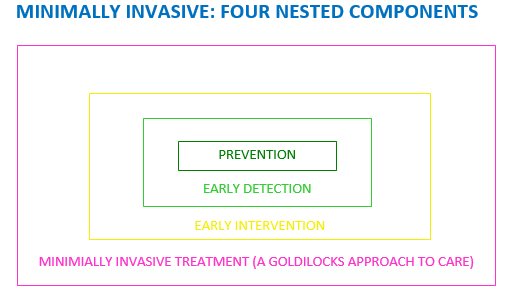
A minimally invasive philosophy has the potential to significantly impact various aspects of orthodontic care including diagnostics, early treatment, surgical recommendations, and more. A philosophy of avoiding early treatment, braces, extractions, and/or jaw surgery is not minimally invasive orthodontic care.
Examples of Minimally Invasive Orthodontic Care
VISUALIZATION OF ROOTS AT RISK DUE TO TOOTH PROXIMITIES & ORTHODONTIC MECHANICS
In this case risks related to unerupted teeth overlying the roots of erupted teeth were recognized, treatment mechanics were adjusted to minimize the risks, and the potential for root damage and impaction was averted.
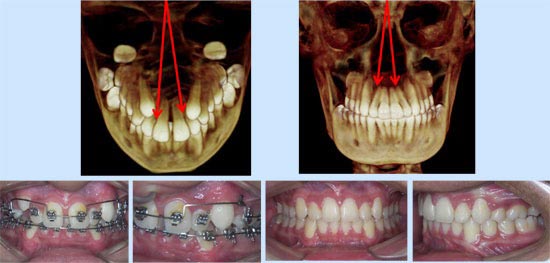
Before
After
MINIMALLY INVASIVE TREATMENT
In these cases subspecialized procedures allowed resolution of significant orthodontic problems. These procedures were less invasive than jaw surgery and were considered to have advantages with respect to predictability and other factors versus other alternatives.

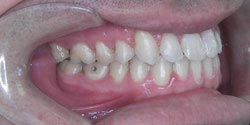
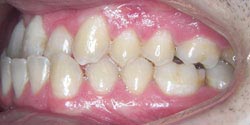
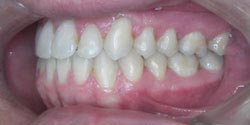
Before
After
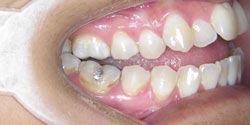
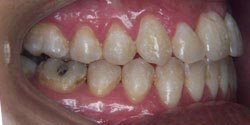
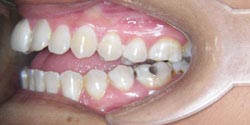
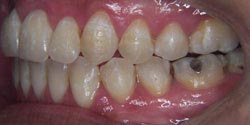
Before
After
